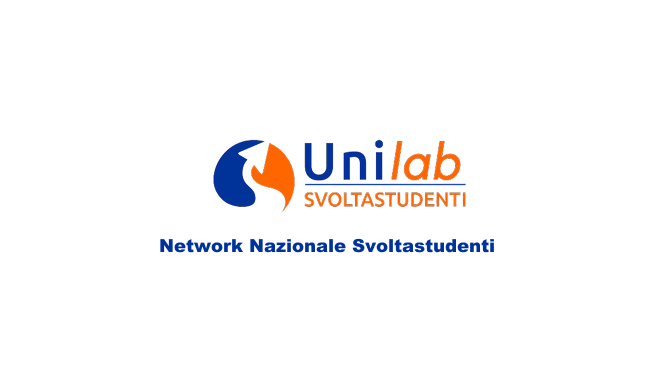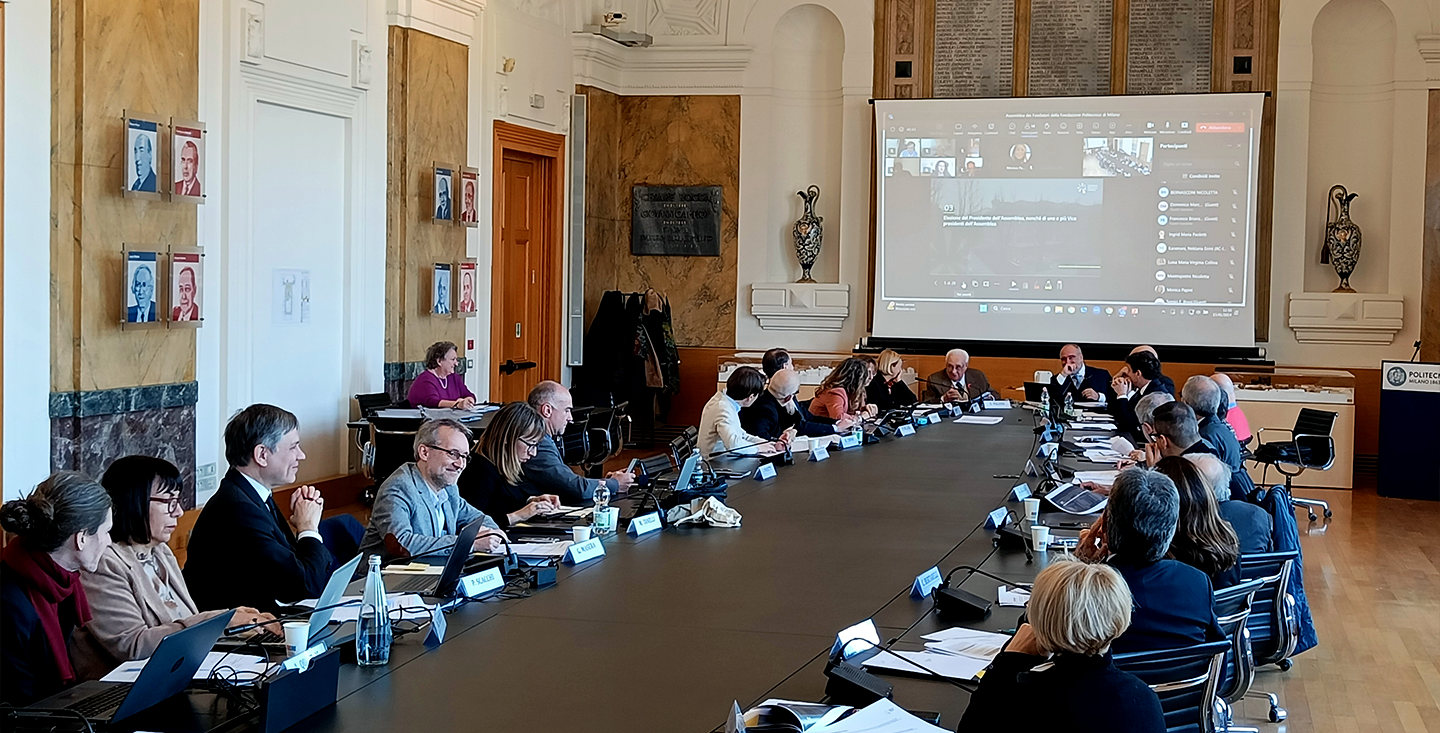By definition, an out-of-course student is someone who falls behind the expected normal academic progress for their course of study. In Italy, there are approximately 700,000 of them, and among these are many enrolled at Poli: if it’s not you, you certainly know someone who has more than one or two exams to make up, including the undersigned.
Back in high school, I was a bit of a nerd, not the library mouse type, but I’ve had my fair share of late nights with books. When I happened to run into my former classmates, imagine the expression halfway between incredulity and regret after realizing they touched on an uncomfortable subject, assuming a sense of shame when explaining that you’re in your third year of a bachelor’s degree, but you’ll graduate next year. The race to find the most believable excuse begins to escape the questioning of your intellectual abilities.
Being out of course represents a true social status, one that, if we were to interpret the academic hierarchy as a university classroom, would occupy the rickety chair, because that’s what it deserves.
The rhetoric of success, if misunderstood and promoted, can cast doubt on oneself and one’s choices – like “What if what I want to do doesn’t coincide with what I’m capable of doing?” – in a toxic and unconstructive way. No, reading an article praising a recent graduate who, let’s be honest, hasn’t demonstrated any revolutionary genius, is not motivating. Thankfully, otherwise the challenge would be to climb the rankings to surpass someone whose history we don’t know, only their grades, obscuring the real personal goal, which is to find one’s own path, balance, and method aligned with our passions.
Don’t misunderstand my slightly provocative discourse: the problem is not with deserving students but with the narrative surrounding their merits, which can sometimes be misleading. Excessive expectations can push students into a cycle of procrastination and self-sabotage, seasoned with anxiety and stress.
We need to shift the focus from the amount of time it takes to obtain a degree to its quality: what if that year or more of stalling became an opportunity?
An opportunity to organize one’s life, figure out how to nurture one’s interests, embark on a psychological journey, travel, gain some work experience to earn a bit, get to know people, take risks, inside and outside of university.
By the way, did you know that Polimi offers mindfulness workshops? It’s a project that is part of the National Recovery and Resilience Plan and the Musa ecosystem, in collaboration with PoliPsi, focused on providing support in facing personal and academic challenges.
Reminder: self-discovery and personal and professional growth do not have a fixed schedule. If it sounds like a quote from a Perugina Bacio chocolate, let me put it another way: only statistics care about your academic average; and if there are so many of us out-of-course students, let’s hope that this numerical indicator becomes the reason for a social change.




